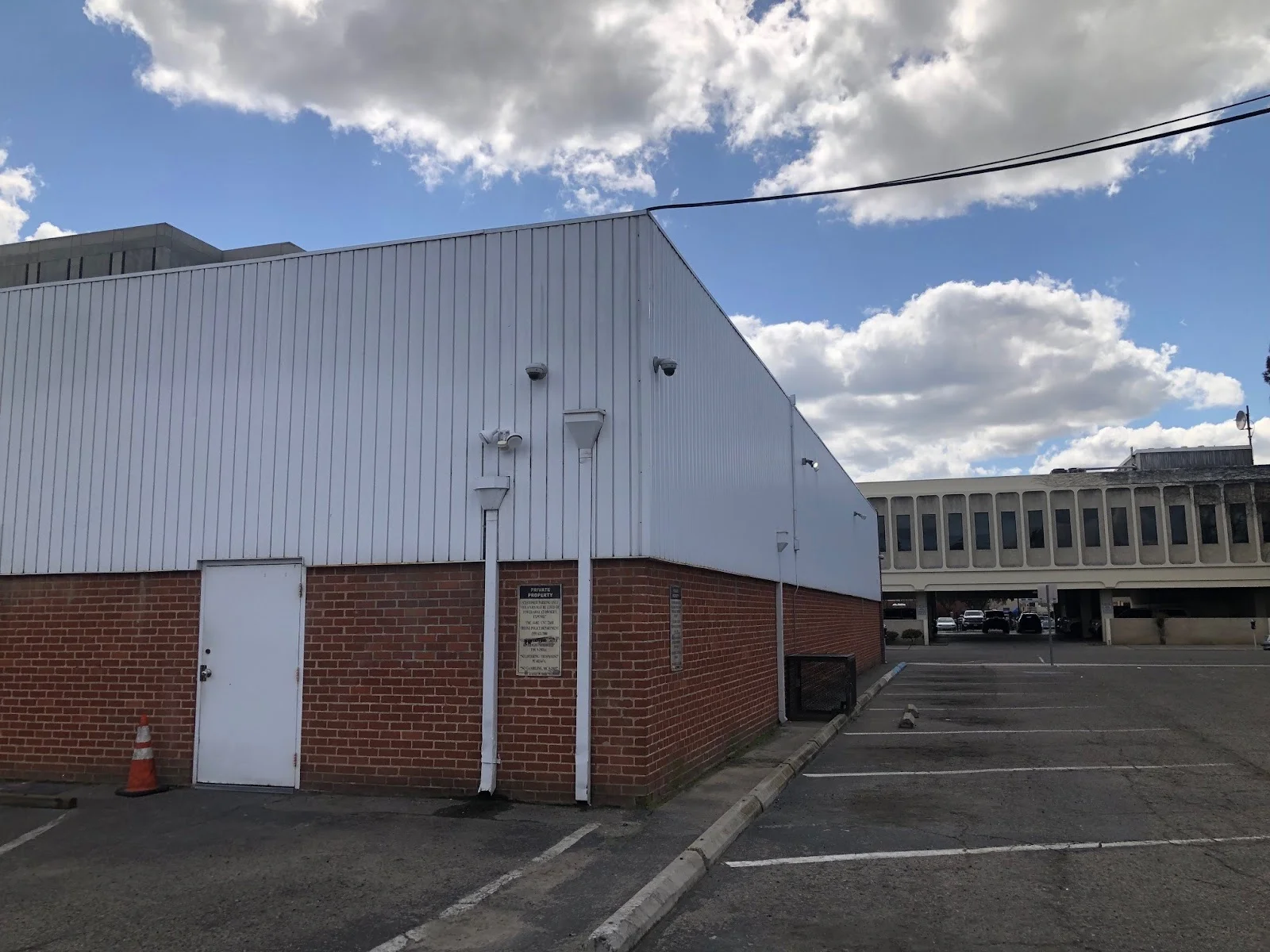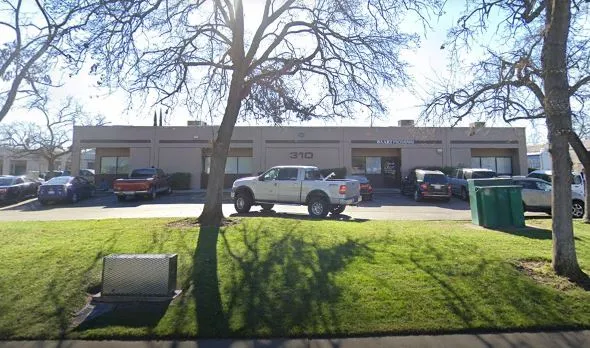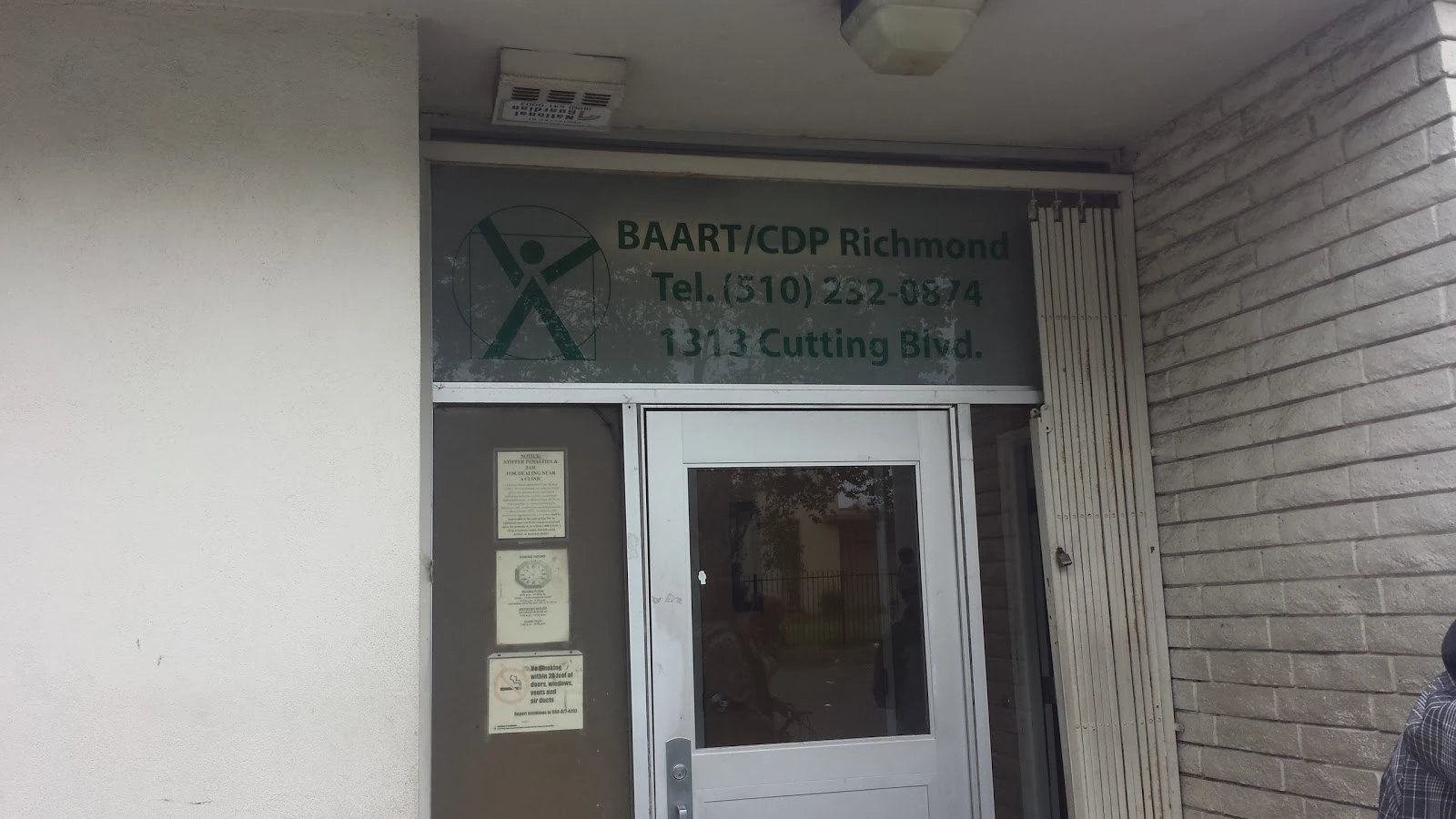MAT (medication-assisted therapy) in conjunction with counseling is the complete method to treating opioid addiction provided by BAART Programs - Beverly, situated in Los Angeles, California. The foundation of their treatment approach is the idea that opioid use disorder is a chronic illness that recurs often and calls for both medical and psychological therapy. BAART programs place a strong emphasis on the value of customized treatment plans that take into account each client's particular requirements in order to provide effective and specialized care for long-term recovery.
Numerous services are offered by the clinic, such as Buprenorphine Treatment, Methadone Maintenance Treatment, and Methadone Detoxification Treatment. A comprehensive medical and psychological evaluation is provided to clients undergoing detoxification in order to inform their treatment strategy. Group therapy, education on addiction, life skills training, and counseling are important aspects of the program. To further guarantee responsibility and track progress, case management, referral services, and sporadic breathalyzer and urinalysis testing are used. By offering these programs, BAART hopes to provide its clients the resources and encouragement they need to kick their opioid addiction and take back control of their lives.
Currently a part of BayMark Health Services, a medication-assisted treatment provider with a network of more than 40 clinics around the country, BAART Programs was founded in 1977 in San Francisco. Their goal is to provide affordable, excellent care to people of all backgrounds while emphasizing the creation of a welcoming, nonjudgmental, and safe atmosphere. By facilitating clients' physical, mental, and emotional healing, this holistic approach guarantees a long-lasting recovery.
With the help of counseling and FDA-approved drugs like buprenorphine and methadone, BAART's MAT program creates a comprehensive treatment plan that takes care of the psychological underpinnings of addiction as well as its physical manifestations. Each client may advance toward a sustainable recovery because to their dedication to delivering individualized treatment, giving them the ability to lead more meaningful lives.
Beverly's BAART Programs are accredited by many organizations, which attests to the high quality and honesty of their offerings. They are confirmed by LegitScript, recognized by the Commission on Accreditation of Rehabilitation Facilities (CARF), and listed with the Substance Abuse and Mental Health Services Administration (SAMHSA). The facility's complete California licensure is another indication of their dedication to upholding the highest standards in addiction treatment.
BAART Programs - Beverly Information
Treatment
Who We Treat
- Male and Female
- Pregnant/Postpartum Women
- Veterans
- Pregnant Women
Treatment Focus
- Prescription Drugs
- Drug Addiction
- Synthetic Drugs
- Opioids
- Medication-Assisted Treatment
Approaches
- Individual Treatment
- Evidence-Based
- Medical
- Group Therapy
- 1-on-1 Counseling
- Medication-Assisted Treatment (MAT)
- Relapse Prevention Counseling
Substances We Treat
- Prescription Drugs
- Heroin
- Opioids
- Synthetic Stimulants (Bath Salts)
- Synthetic Drugs
Languages
- English
Aftercare
- Outpatient Treatment
- Continuing Care
Level of Care
- Outpatient
- Aftercare/Continuing Care
Experience
Smoking and Vaping Policy
- Smoking Allowed in Designated Areas
- Vaping Not Allowed
Accreditations
-
SAMHSA certification for opioid treatment program (OTP)
SAMHSA's Opioid Treatment Programs (OTP) accreditation is a prestigious recognition that signifies a program's compliance with stringent standards and guidelines established by the Substance Abuse and Mental Health Services Administration (SAMHSA). This accreditation demonstrates an OTP's commitment to providing high-quality, evidence-based care for individuals struggling with opioid use disorder (OUD). It serves as a trusted symbol of accountability and excellence, assuring patients, families, and communities that the OTP offers safe, effective, and comprehensive treatment options for OUD.
-
Commission on Accreditation of Rehabilitation Facilities (CARF)
CARF accreditation is a prestigious recognition for rehabilitation and human service organizations. It signifies that an organization meets high-quality standards and is committed to providing top-level care. CARF conducts rigorous evaluations to ensure compliance, enhancing an organization's credibility and reassuring clients and funders of exceptional service quality. This accreditation promotes excellence and continual improvement in the rehabilitation and human services field.

-
State department of health
Government agencies issue State Licenses, granting rehabilitation organizations permission to operate their businesses legally within specific geographic regions. The licenses needed for legal operation are typically determined by the type of rehabilitation program offered by a facility and its physical location.

Additional Locations
BAART Programs - Beverly Accepts The Following Insurance Plans
Find the best treatment options. Call our free and confidential helpline today!










